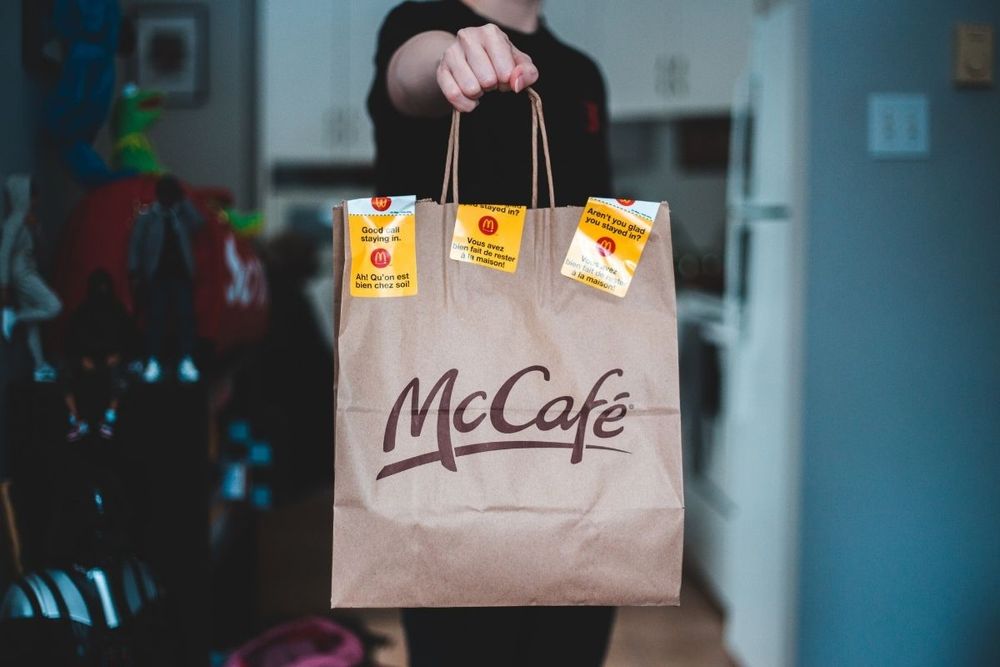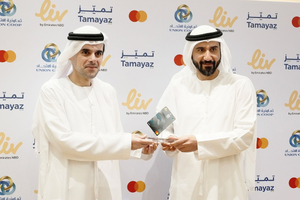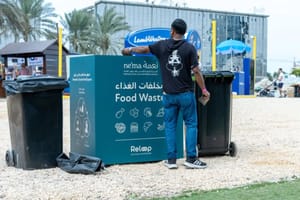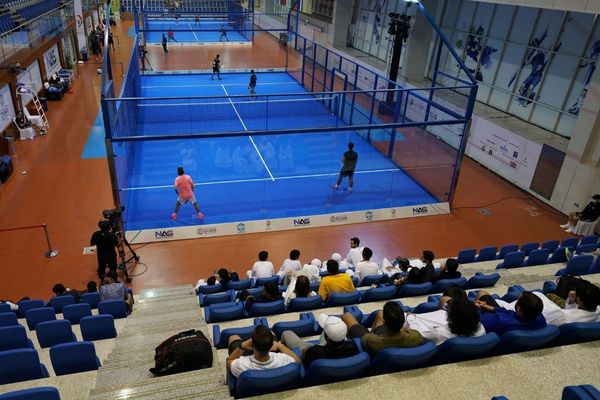Zooming past cars, swerving between lanes, motorbike delivery riders race against time all day long to deliver fresh food to your doorstep.
Things are no different during Ramadan when Iftar order pours in; even though most of them fast during the day, they make sure to deliver your food.
New dad Mohammad Ansar is among thousands of such riders in the UAE who skim through busy streets to meet orders within 15 minutes of their entry on their company's app.
"Time is of the essence, more so during Ramadan as many of these orders are for Iftar meals. They can't be delayed. For us, every second counts," says Ansar.
But where does he break his fast?
"It depends on where I am around sunset,"
"If I am still at work, I stop by at a roadside cafeteria and grab a quick bite. Then I go to the nearest mosque and offer Maghreb prayers. Else, I have Iftar with my ten roommates. We take turns making pakodas (fritters) and other traditional Iftar snacks. None of us is an expert cook, so the result is often far from expectation, but we remain grateful for what we have.
"There is a lot of camaraderie between us, which more than makes up for anything lacking in our food,"
says Ansar, the 27-year-old from Pakistan who works for Careem, the Dubai based ride-hailing company which expanded into the food delivery market a few years back.
The advent of user-friendly apps during the pandemic has created a perfect recipe for success for online food delivery companies and a large section of people looking for work.
Ansar, who just had a baby girl back home in Lahore, says he earns up to Dh3,000 per month.
"I am happy with my job as it supports my family and me. I work for roughly 13 hours daily and deliver anywhere between 10-15 orders. But riding a bike for hours in scorching heat while fasting can be physically very demanding. The helmet and protective gear also leave us feeling stifled,".
"Thankfully, the heat is still bearable. But this can change any time soon. That's when the real challenge begins for us."
News Source: Khaleej Times









